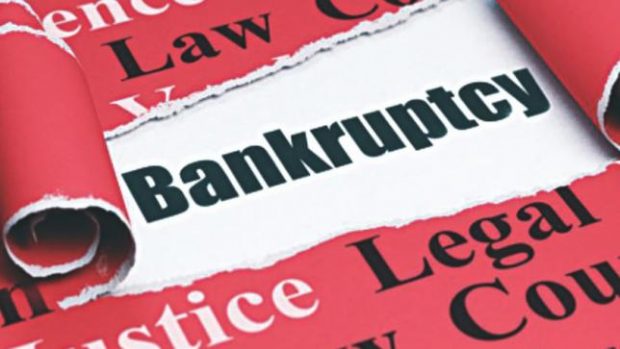How does Filing Bankruptcy work and how it affects Your Life, Bankruptcy is a legal process, which can help businesses as well as individuals to eliminate a portion of the debt and get assistance with repaying a portion of the debt. If you are drowned in debt, filing for bankruptcy would sound like a good option available to consider. However, you should have a clear understanding of the consequences that come along with it as well.
How can you file for bankruptcy?
Filing for bankruptcy is a complicated process. In order to overcome the hassle associated with this process, you can think about getting the assistance of a bankruptcy lawyer. Then the lawyer will be able to help you with assessing overall debt that you have and see whether you have any possibility to repay them in the near future. If not, the lawyer will check and see whether you qualify for bankruptcy. Then you will be guided throughout the bankruptcy process.
You will need to compile all the financial records, including assets, debts, expenses, and income. This will help you to explain your situation. Then you will need to obtain credit counseling for a duration of 180 days. If credit counseling doesn’t provide any positive results to you, you will be able to go ahead and file for bankruptcy.
How can bankruptcy affect your life?
Bankruptcy has the ability to create a major impact on your credit score. It will remain in your credit report for a duration of around 7 to 10 years. Therefore, you will find it a difficult task to buy a mortgage, auto loan or even a credit card.
You will not be able to obtain any new line of credit. This can create an impact on your ability to apply for a job as well.
There is a major relationship between bankruptcy and your privacy as well. That’s because you will have to expose your personal financial information when submitting them to the courts. After that, the general public will be able to access them at any given time.
In some of the instances, you might have to experience loss of property along with bankruptcy as well. You should be mindful of all these negative consequences and make the decision to file for bankruptcy.

